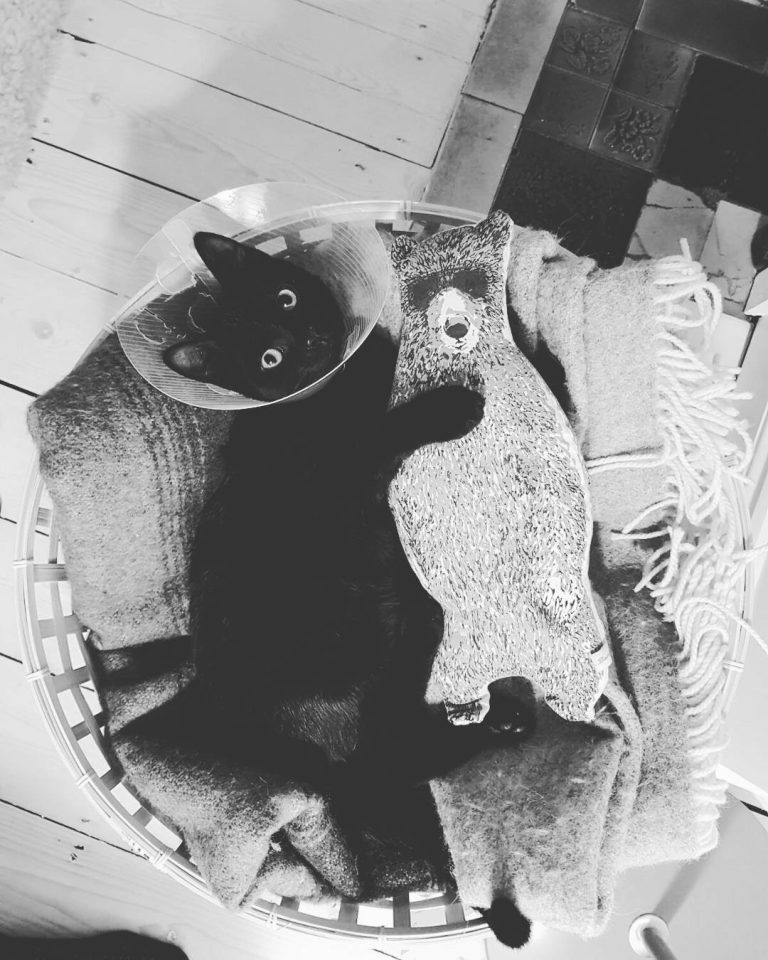“Pet Anxiety: Understanding and Managing Stress for Better Health and Fur Quality”
Introduction
Anxiety isn’t exclusive to humans; our beloved pets can experience it too. Just like us, pets can suffer from stress and anxiety, which can manifest in various behavioral and physical symptoms. Understanding and managing pet anxiety is crucial for ensuring their overall health, well-being, and even the quality of their fur. This article delves into the causes of pet anxiety, how it affects their health and fur, and practical strategies to help manage and reduce their stress.
Understanding Pet Anxiety
Pet anxiety can arise from a multitude of sources, often mirroring the complexities of human anxiety. Common causes include:
- Separation Anxiety: Many pets, especially dogs, become anxious when left alone. This can lead to destructive behavior, excessive barking, or even attempts to escape.
- Fear of Loud Noises: Thunderstorms, fireworks, and other loud noises can trigger intense fear and anxiety in pets.
- Changes in Environment: Moving to a new home, rearranging furniture, or the introduction of new pets or family members can unsettle pets.
- Past Trauma: Pets with a history of abuse or neglect are more prone to anxiety.
- Medical Issues: Pain or illness can cause stress and anxiety, making it essential to rule out medical causes when addressing behavioral changes.
The Impact of Anxiety on Health and Fur Quality
Pet anxiety doesn’t just affect behavior; it can have profound effects on their physical health and appearance, including their fur quality.
- Health Issues: Chronic anxiety can lead to various health problems such as digestive issues, a weakened immune system, and weight loss or gain.
- Skin and Fur Problems: Anxiety often leads to excessive grooming, scratching, or biting, resulting in hair loss, skin infections, and poor fur quality. Stress can also cause the fur to become dull and brittle.
- Behavioral Changes: An anxious pet might become withdrawn, aggressive, or exhibit repetitive behaviors such as pacing or licking.
Managing Pet Anxiety
Managing pet anxiety involves a combination of environmental modifications, behavioral training, and sometimes medical intervention. Here are some effective strategies:
- Create a Safe Space: Designate a quiet, comfortable area in your home where your pet can retreat when feeling anxious. This space should be filled with their favorite toys, blankets, and perhaps an item of your clothing for a reassuring scent.
- Routine and Consistency: Pets thrive on routine. Regular feeding, walking, and playtime schedules can provide a sense of security and predictability.
- Behavioral Training: Positive reinforcement training can help alleviate anxiety. Teaching commands like “sit,” “stay,” and “come” can build confidence and reduce stress.
- Exercise and Mental Stimulation: Regular physical exercise and mental stimulation through interactive toys and games can help burn off excess energy and reduce anxiety.
- Natural Remedies: Certain natural remedies, such as pheromone diffusers, calming sprays, and supplements containing ingredients like CBD oil or valerian root, can help soothe anxious pets.
- Professional Help: In severe cases, consulting a veterinarian or a pet behaviorist is crucial. They can recommend specific therapies or medications to manage your pet’s anxiety effectively.
Enhancing Fur Quality Through Stress Management
Improving your pet’s mental well-being will naturally reflect in their physical appearance, particularly their fur. Here are some tips to ensure a healthy, shiny coat:
- Balanced Diet: A nutritious diet rich in essential fatty acids, vitamins, and minerals is vital for maintaining healthy skin and fur.
- Regular Grooming: Brushing your pet regularly removes loose fur, prevents matting, and stimulates natural oil production, promoting a healthy coat.
- Hydration: Ensure your pet has constant access to fresh water, as dehydration can lead to dry, brittle fur.
- Veterinary Check-ups: Regular vet visits can help detect and address any underlying health issues that might be contributing to anxiety or poor fur quality.
Conclusion
Understanding and managing pet anxiety is essential for their overall health and well-being. By recognizing the signs of anxiety and implementing effective strategies to reduce stress, pet owners can ensure their furry friends lead happier, healthier lives. Not only will this improve their mental and physical health, but it will also enhance the quality of their fur, making it a true reflection of their inner vitality and happiness.










